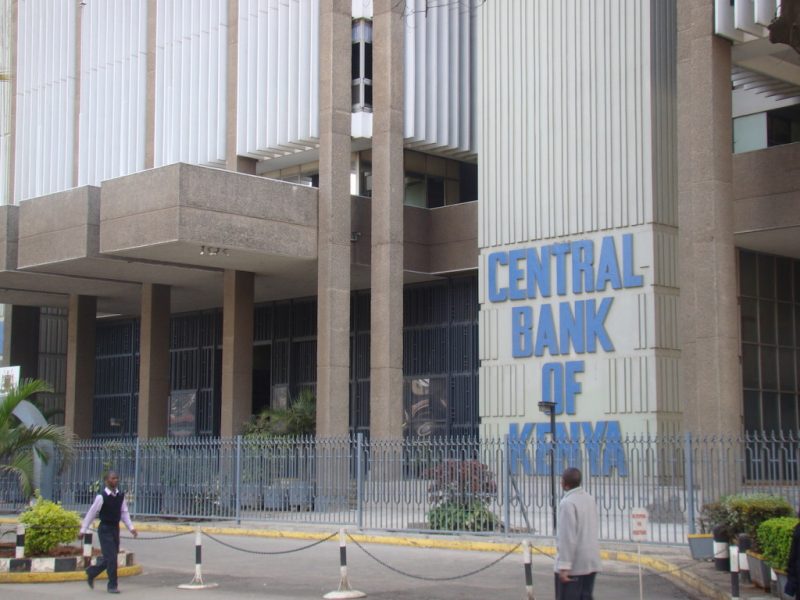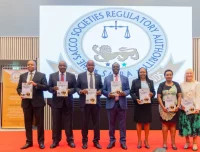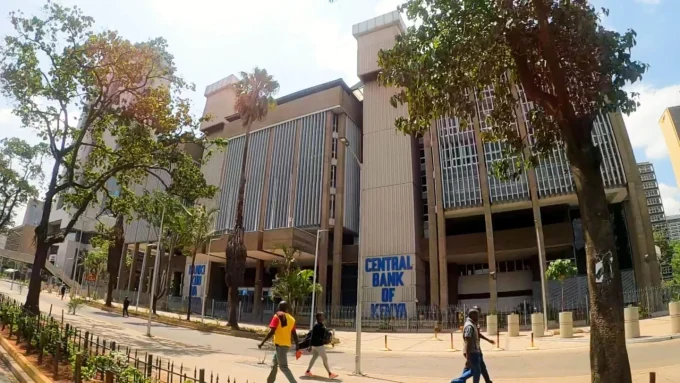Fifteen banks are not playing by the rules. This is according to the Central Bank of Kenya (CBK) in its Bank Supervision Annual Report 2017. Consequently, the CBK fined fifteen banks last year for flouting a wide range of banking guidelines, which might expose depositors’ funds to risk.
The rules include Liquidity Management, Single Borrower Limit, Capital Adequacy, Prohibited Business, Corporate Governance and Foreign Exchange Exposure Prudential Guidelines.
Kenya’s monetary regulator noted an increase in the number of banks breaking the law from the 12 banks that violated the Banking Act and CBK Prudential Guidelines in 2016.
“The increase in the number of banks in violation was mainly in respect to non-compliance with single borrower limit which was mainly on account of decline in core capital in some banks attributed to additional provisions for loans and advances,” read the report.
READ : CBK TO ACT ON BANKS LINKED TO NYS SCAM
CBK did not mention the banks it took action against which leaves depositors in the dark over which banks are violating the guidelines.Breaching of these rules may lead to instability in banks.
Flouted rules
According to the report, the regulator fined seven banks for violating guidelines on Liquidity Management which requires institutions to maintain a minimum liquidity ratio of 20 percent.
Kenya’s monetary authority also flagged eight banks for lending to a single borrower an amount more than 25 percent of its Core Capital.
Four banks also found themselves in the bad books of the regulator after violating the Capital Adequacy guideline which requires an institution to have a minimum core capital to total risk weighted assets ratio of 10.5 percent and total capital to total risk weighted assets ratio of 14.5 percent.
CBK also sanctioned three institutions for breaching another clause on Capital Adequacy, which requires an institution to maintain a minimum core capital of Ksh1 billion.
READ : KENYAN BANKS COMPETING WITH DIGITAL LENDING APPS
Two institutions violated the guideline on Capital Adequacy, which requires an institution to have a minimum core capital to total deposits ratio of 8 percent.
Four banks violated the guideline on Prohibited Business, which requires that institutions investment in land and buildings not to be more than 20 percent of Core Capital.
“This was attributed to declines in core capital due to additional provisions for loans and advances,” read the report.
One bank breached a clause on Prohibited Business, which limits total insider borrowings to 100 percent of Core Capital. “This was attributed to declines in core capital due to additional provisions for loans and advances,”
Clause 3.3.3 on Corporate Governance was violated by one bank. It requires every member of the Board to attend at least 75 percent of the Board meetings in any financial year.
One institution was in violation of Section 11 (1) of the Banking Act which requires every bank to seek board approval for any loan granted to Executive Committee members and to ensure that these credit facilities are fully secured.
SEE ALSO : CHANGES RESHAPING GLOBAL BANKING SECTOR
Two banks violated a guideline on Foreign Exchange Exposure, which requires an institution to be within a foreign exchange exposure of 10 percent.













4 Comments